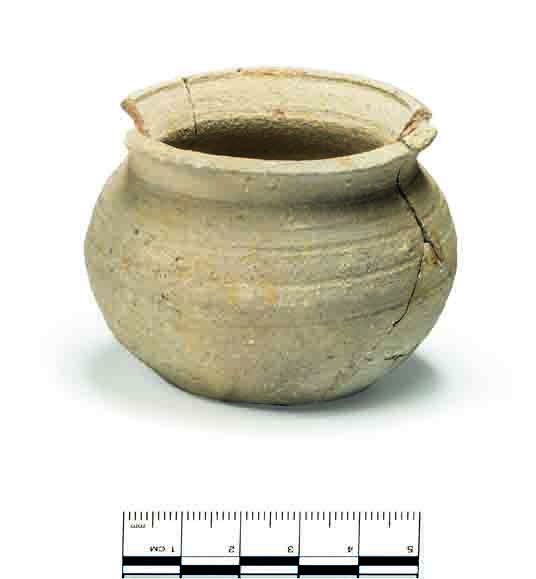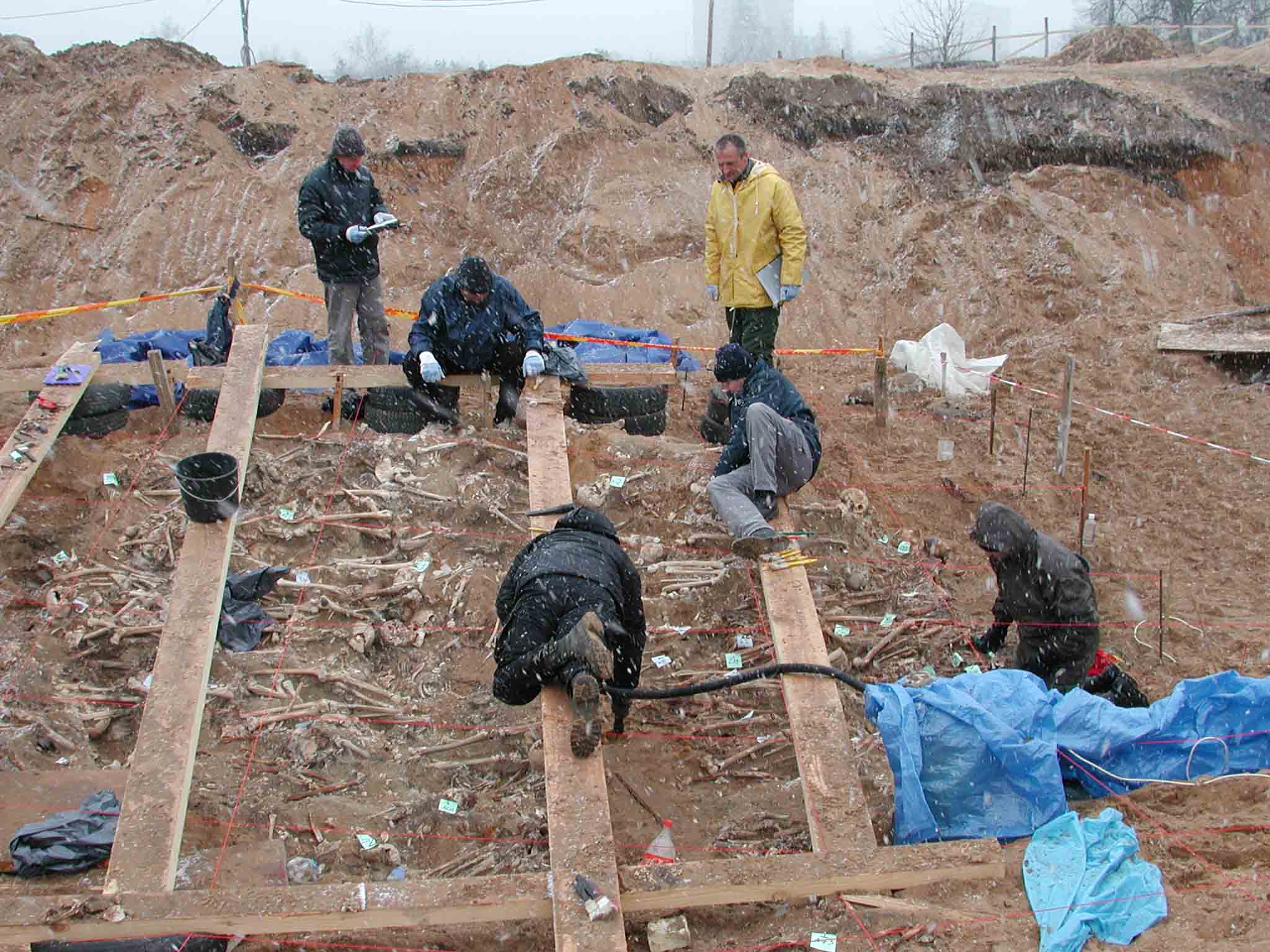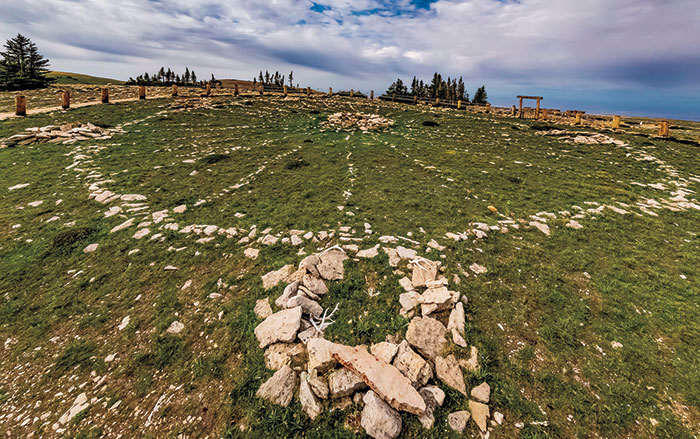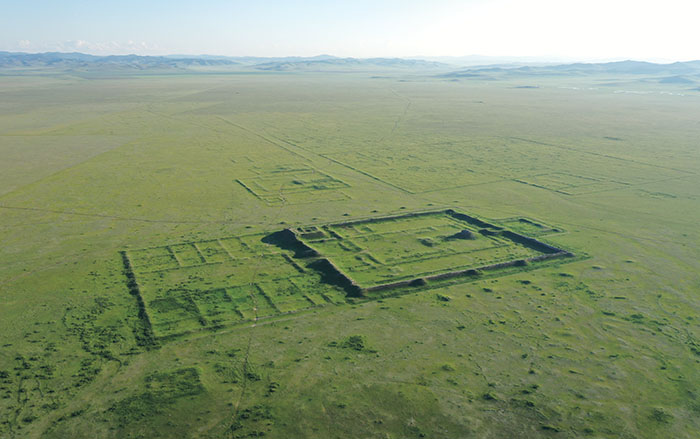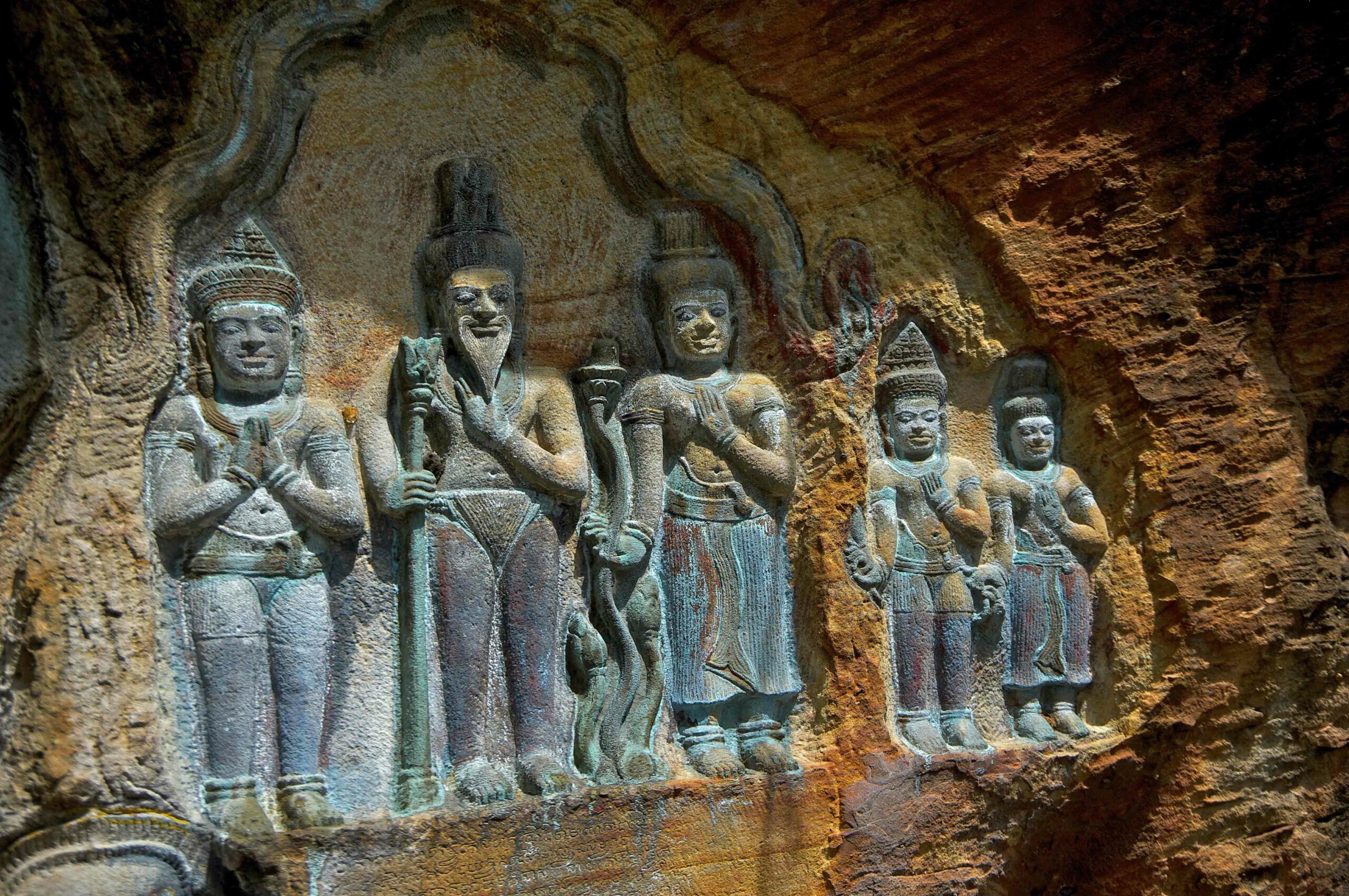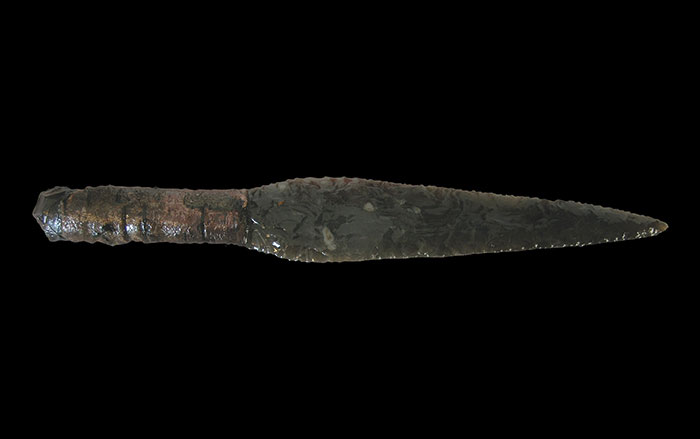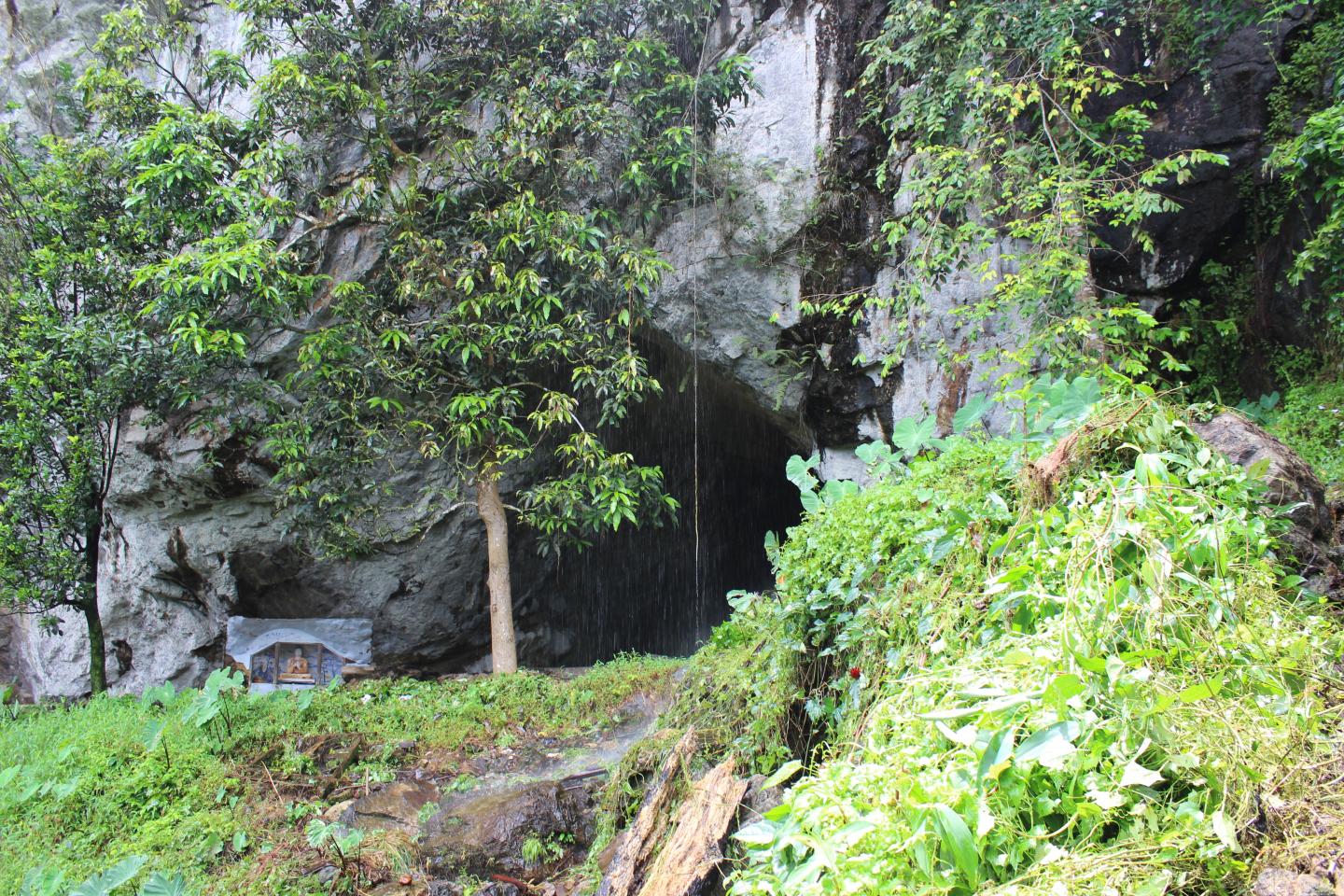
OXFORD, ENGLAND—The teeth of 26 individuals who lived as far back as 20,000 years ago were analyzed by a team of scientists from Sri Lanka, Oxford University, and the University of Bradford. All of the samples came from three archaeological sites in Sri Lanka that are today surrounded by either dense rainforest or more open terrain. It had been thought that humans did not inhabit tropical rainforests for any length of time until 8,000 years ago, but the teeth indicate that all of the people in the sample ate a diet sourced from slightly open ‘intermediate rainforest’ environments. Two of the teeth, both around 3,000 years old, showed a recognizable signature of a diet from open grassland. This was at the beginning of the Iron Age, when agriculture developed in the region. “This is the first study to directly test how much early human forest foragers depended on the rainforest for their diet. The results are significant in showing that early humans in Sri Lanka were able to live almost entirely on food found in the rainforest without the need to move into other environments. Our earliest human ancestors were clearly able to successfully adapt to different extreme environments,” Patrick Roberts of Oxford’s Research Laboratory for Archaeology and the History of Art said in a University of Oxford press release. To read more about the archaeology of rainforests, see "Amazonian Harvest."


